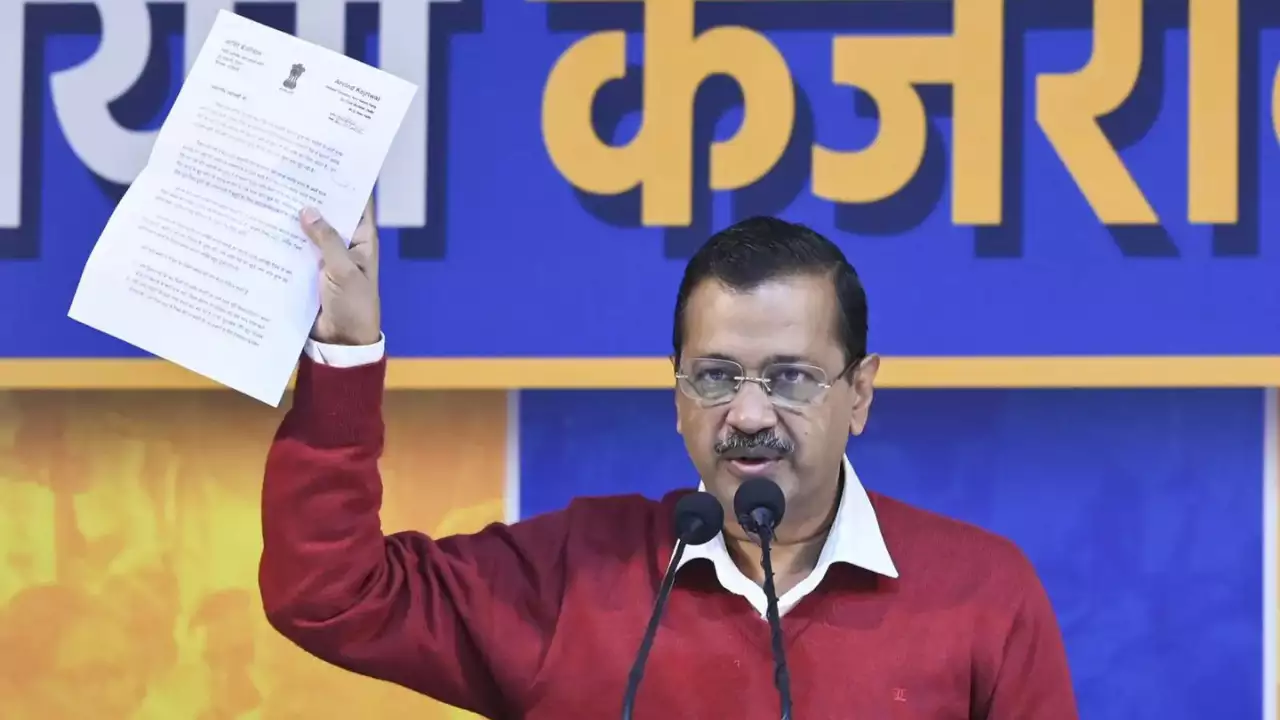Nobel laureate Amartya Sen has emphasized the “strong need” for unity between the Congress and the Aam Aadmi Party (AAP), stating that the two parties should have contested the Delhi elections together with a shared commitment to secularism. Speaking from his ancestral home in West Bengal’s Birbhum district, Sen cautioned that if secularism is to survive in India, political parties must unite and uphold the values that have made the country a model of pluralism.
AAP’s Setback: A Result of Disunity?
Sen remarked that while the outcome of the Delhi elections should not be overstated, AAP’s defeat carried significant political weight. He pointed out that in several constituencies, the BJP’s victory margin over AAP was smaller than the number of votes secured by Congress, suggesting that a united front could have altered the results.
AAP’s Hindutva Dilemma
According to Sen, AAP’s unclear stance on secularism also played a role in its electoral loss.
“What were AAP’s commitments? The party failed to clearly assert its secular position and instead seemed to cater too much to Hindutva. It was not evident how committed AAP was to opposing religious communalism,” he said.
However, he acknowledged AAP’s contributions in education and healthcare, suggesting that Congress should have built an alliance based on these strengths.
“My daughter lives in Delhi, and she and her family appreciate AAP’s efforts in school education and healthcare. Congress could have aligned with AAP, saying, ‘We like their schools and hospitals, and we want to expand them further.’ That would have been a stronger approach,” he suggested.
Lessons for the Opposition Ahead of Key Elections
Sen criticized opposition parties for failing to focus on public services, which, he argued, allowed the ruling party to shift the narrative to issues like liquor licenses and tax policies.
“AAP should have emphasized secularism, healthcare, and education while also working toward an alliance with Congress. Instead, they stood divided,” he observed.
Looking ahead, Sen believes the Delhi elections offer key lessons for future contests, particularly in Uttar Pradesh.
“The takeaway from AAP’s defeat is the importance of reinforcing what the Samajwadi Party did in the general elections—taking a clear stand against Hindutva politics. Most Indians do not want a Hindu Rashtra,” he stated.
Bengal’s Political Landscape: A Different Story?
When asked if Delhi’s results could influence next year’s Bengal Assembly elections, Sen acknowledged that all elections in India have ripple effects. However, he expressed confidence in Bengal’s political culture.
“In Bengal, even though secular parties like the Trinamool Congress, CPI(M), and Congress have taken separate paths, there is still a strong social consensus on secularism, education, and healthcare. I do not foresee a Delhi-like setback happening here,” he predicted.
Sen concluded by emphasizing the importance of honest governance, justice, and tolerance in shaping India’s future.
“I envision an India where everyone has access to education and reliable healthcare, and where unity is a guiding principle—not just for the nation, but for the world. These are not just dreams; they are achievable if we embrace cooperative politics,” he said.




